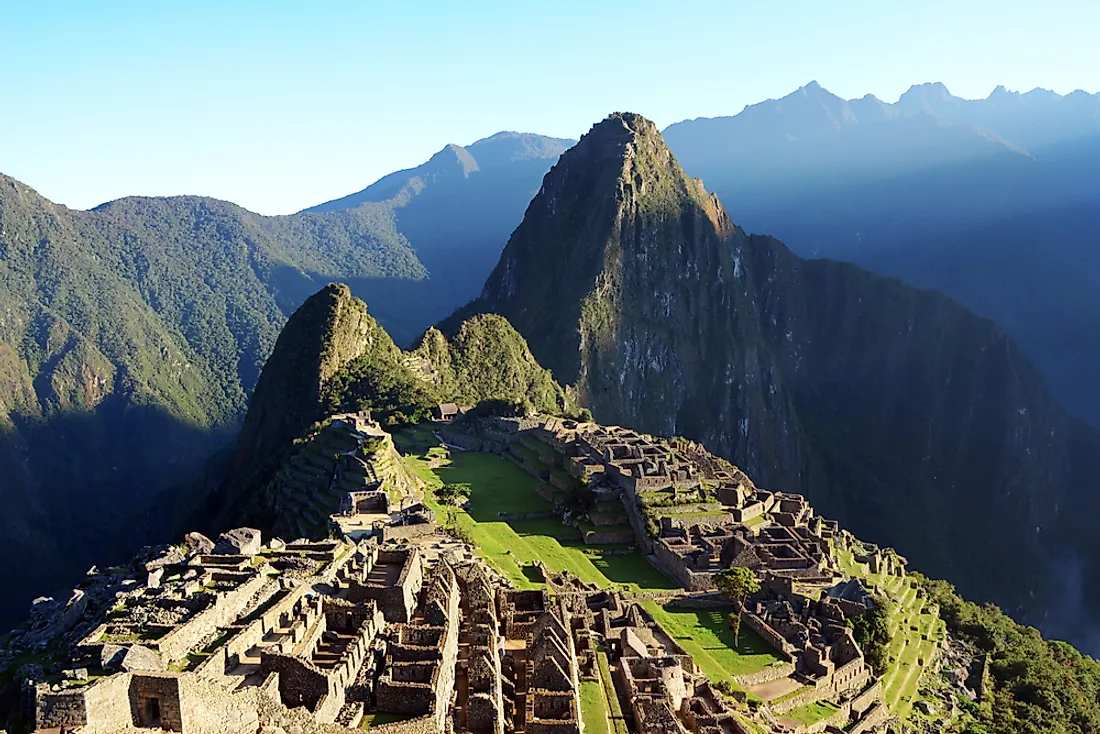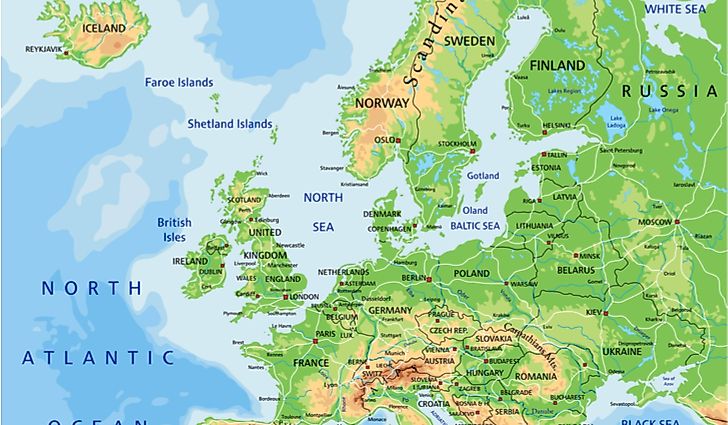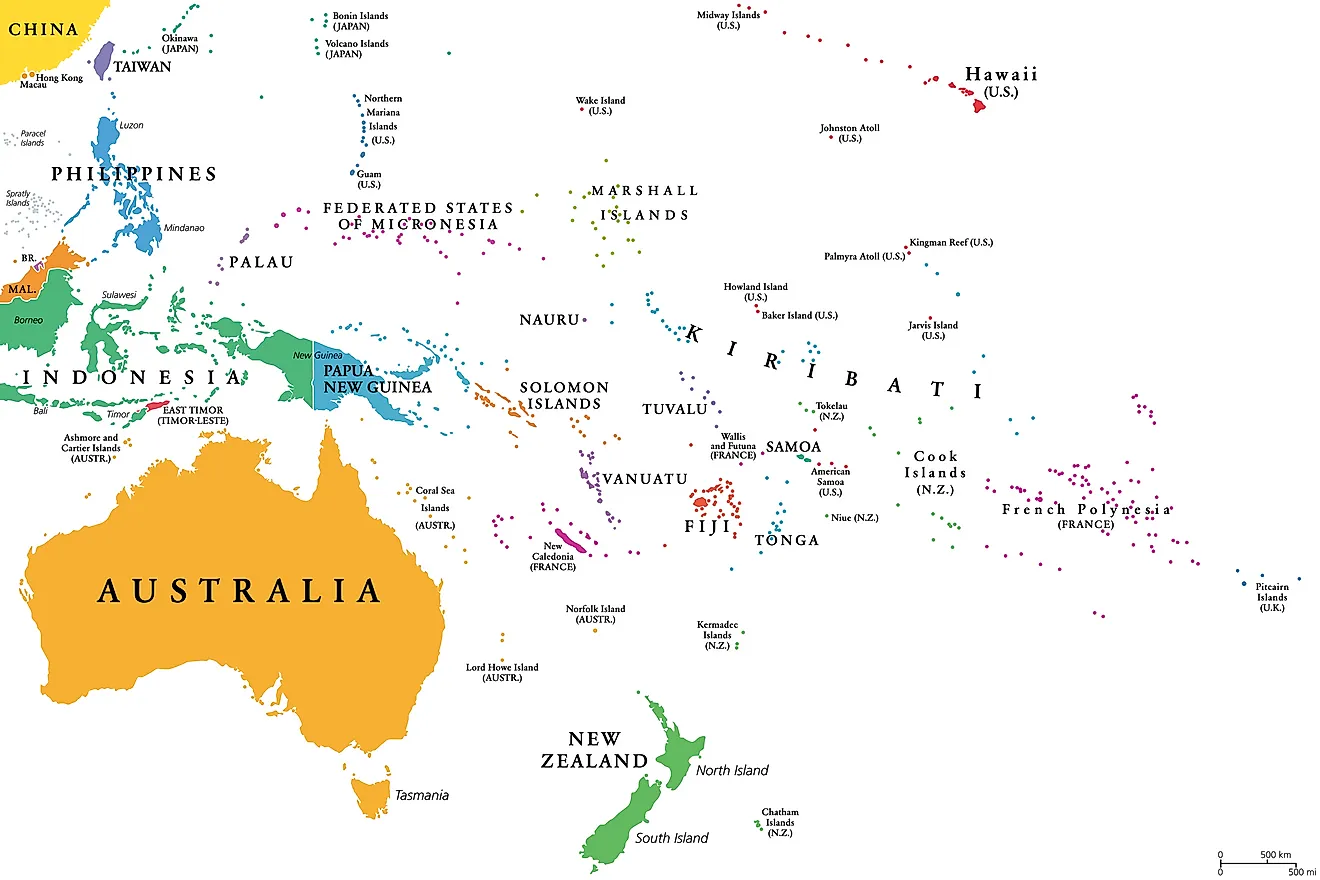Does Iceland Have Any Mosquitoes?

Iceland, a Nordic island nation located in the North Atlantic Ocean, is completely free of mosquitoes. The sparsely populated country is home to approximately 1,300 types of insects, but has no mosquitoes. Different mosquito species have been a menace in almost all countries in the world. Neighboring countries like Greenland, Scotland, and Denmark have significant mosquito populations, making the absence of mosquitoes in Iceland a subject of interest to many researchers.
Why Are There No Mosquitoes in Iceland?
Lack of Stagnant Water
There are several explanations regarding why mosquitoes have not colonized Iceland. One reason is that mosquitoes require stagnant water in shallow ponds and other water bodies to lay eggs. The laid eggs then hatch into a larva, and the larval stage requires stagnant water at a particular temperature for a certain period of time in order to feed and develop into a pupa. The pupa needs to complete the cycle and bring forth an adult blood-sucking mosquito. In Iceland, no such stagnant water bodies exist for long enough to support the growth and development cycle of mosquitoes.
Freezing Temperatures
Iceland has very low temperatures, which can reach as low as −38 °C and freeze the Icelandic water, making it impossible for mosquitoes to breed. The country has three major freezes and thaws every year, which creates conditions too unstable for the survival of mosquitoes. The oceanic climate is also variable and hostile to other animals and insects as well. Mosquitoes, therefore, do not have enough time to hatch eggs, enable the larva to hibernate in the ice, and then hatch into a pupa which will develop into a mosquito before the freezing temperatures rise again. Furthermore, even if the environment required to undergo the three stages was available, mosquitoes would still need prey to suck blood from in order to survive. It is believed that the breakdown of the complete metamorphosis led to the extinction of mosquitoes in Iceland.
Inhospitable Conditions
Another theory suggests that the chemical composition of Iceland's water, soils and general ecosystem do not support the life of mosquitoes. This is a probable explanation because over time mosquitoes could have been carried to Iceland by airplane or wind, knowingly or accidentally, and adapted to the Icelandic climate. Presently, the only mosquito in the country is preserved in a laboratory in the Icelandic Institute of Natural History. The specimen exists in a jar of alcohol after being caught in the 1980s by University of Iceland biologist Gilsi Mar Gislason in the cabin of an Icelander airplane.
Mosquitoes and Midges
Midges are insects in Iceland which a visitor might confuse with mosquitoes. They look like mosquitoes and bite equally ferociously, but are less aggressive than mosquitoes. Mosquitoes can even bite through clothing, but midges only bite bare skin. Black flies also thrive in Iceland.
How Long Will Iceland Be Free from Mosquitoes?
Entomologists predict that mosquitoes will eventually exist in Iceland if climate change continues. Global warming, which has been gradually raising temperatures, will lead to the disappearance of the conditions that are not tolerated by mosquitoes. A warmer environment means that mosquitoes will have a better chance of reproducing. The same change is likely to occur in other regions of the world without mosquitoes, such as French Polynesia, Caledonia, Seychelles, and Antarctica.







